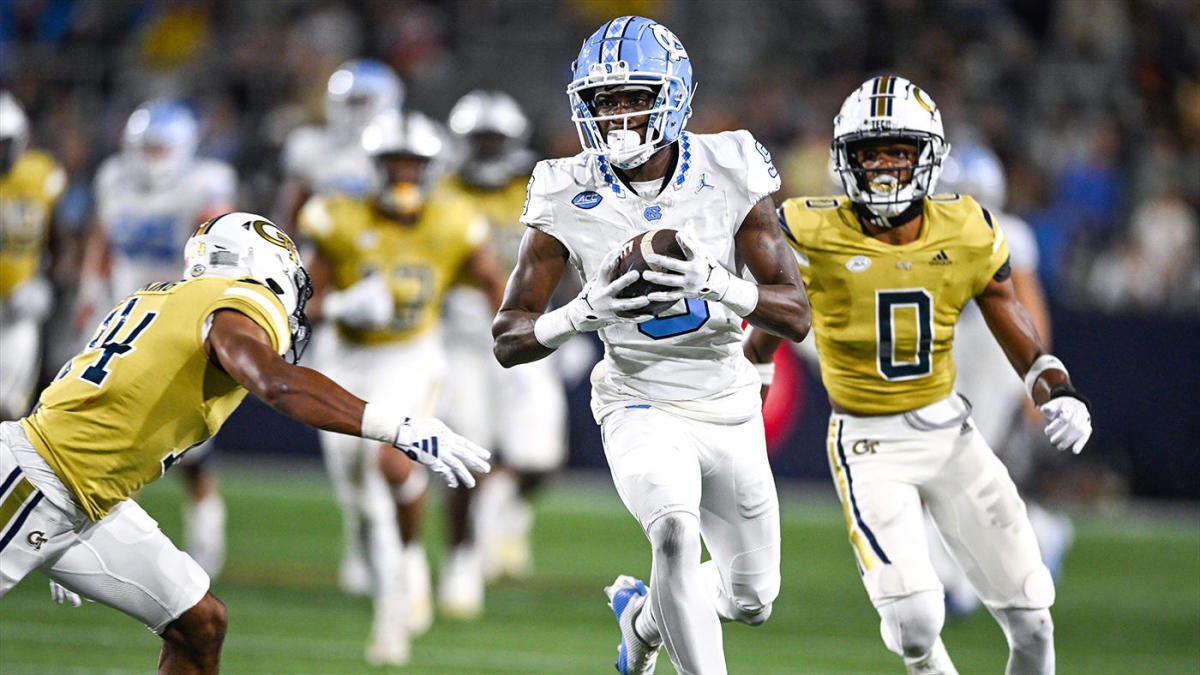short ornery norwegian
Well-known member
- Joined
- Feb 9, 2011
- Messages
- 21,873
- Reaction score
- 15,872
- Points
- 113
A district court judge is holding a hearing this month on the NCAA rule dealing with athletes who transfer more than once.
from the AP:
College athletes who were denied the chance to play immediately after transferring a second time can return to competition, for now, after a federal judge issued a 14-day temporary restraining order Wednesday against the NCAA.
U.S. District Judge John Preston Bailey in northern West Virginia issued the order against the NCAA from enforcing the transfer rule. A lawsuit filed by West Virginia and six other states alleged the rule's waiver process violated federal antitrust law.
A hearing on the restraining order is scheduled for Dec. 27, Bailey said.
The NCAA didn't immediately indicate whether it would appeal the ruling.
NCAA rules allow underclassmen to transfer once without having to sit out a year. But an additional transfer as an undergraduate generally requires the NCAA to grant a waiver allowing the athlete to compete immediately. Without it, the athlete would have to sit out for a year at the new school.
Last January, the NCAA implemented stricter guidelines for granting those waivers on a case-by-case basis.
The states involved in seeking the restraining order were Colorado, Illinois, New York, North Carolina, Ohio, Tennessee and West Virginia.
It wasn't immediately clear whether any of the affected players would try to compete during the 14-day window and what ramifications they could face if the NCAA would eventually prevail in the lawsuit.
West Virginia Attorney General Patrick Morrisey said in a statement the ruling ''paves the way for student athletes, like RaeQuan Battle, to play in the sport they love and continue improving themselves.''
''We are looking forward to proving definitively that the NCAA has violated the Sherman Act by failing to maintain a consistent and defensible transfer rule and by denying these student athletes the chance to play," Morrisey said.
The lawsuit alleged requiring athletes to sit can mean lost potential earnings from endorsement deals with their name, image and likeness (NIL) or professional careers. It pointed to exposure from competing in national broadcasts, noting: ''One game can take a college athlete from a local fan favorite to a household name.''
from the AP:
College athletes who were denied the chance to play immediately after transferring a second time can return to competition, for now, after a federal judge issued a 14-day temporary restraining order Wednesday against the NCAA.
U.S. District Judge John Preston Bailey in northern West Virginia issued the order against the NCAA from enforcing the transfer rule. A lawsuit filed by West Virginia and six other states alleged the rule's waiver process violated federal antitrust law.
A hearing on the restraining order is scheduled for Dec. 27, Bailey said.
The NCAA didn't immediately indicate whether it would appeal the ruling.
NCAA rules allow underclassmen to transfer once without having to sit out a year. But an additional transfer as an undergraduate generally requires the NCAA to grant a waiver allowing the athlete to compete immediately. Without it, the athlete would have to sit out for a year at the new school.
Last January, the NCAA implemented stricter guidelines for granting those waivers on a case-by-case basis.
The states involved in seeking the restraining order were Colorado, Illinois, New York, North Carolina, Ohio, Tennessee and West Virginia.
It wasn't immediately clear whether any of the affected players would try to compete during the 14-day window and what ramifications they could face if the NCAA would eventually prevail in the lawsuit.
West Virginia Attorney General Patrick Morrisey said in a statement the ruling ''paves the way for student athletes, like RaeQuan Battle, to play in the sport they love and continue improving themselves.''
''We are looking forward to proving definitively that the NCAA has violated the Sherman Act by failing to maintain a consistent and defensible transfer rule and by denying these student athletes the chance to play," Morrisey said.
The lawsuit alleged requiring athletes to sit can mean lost potential earnings from endorsement deals with their name, image and likeness (NIL) or professional careers. It pointed to exposure from competing in national broadcasts, noting: ''One game can take a college athlete from a local fan favorite to a household name.''

